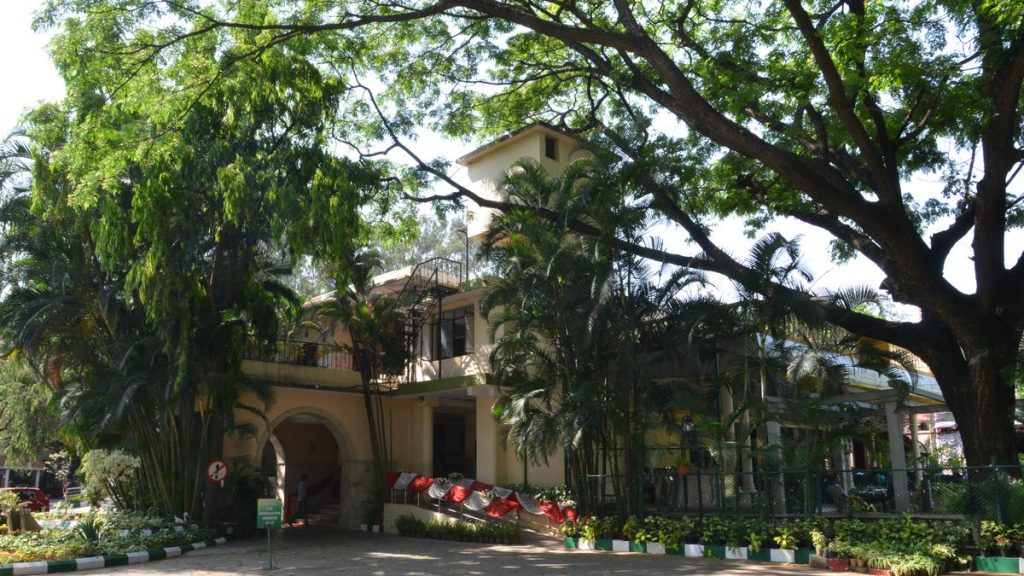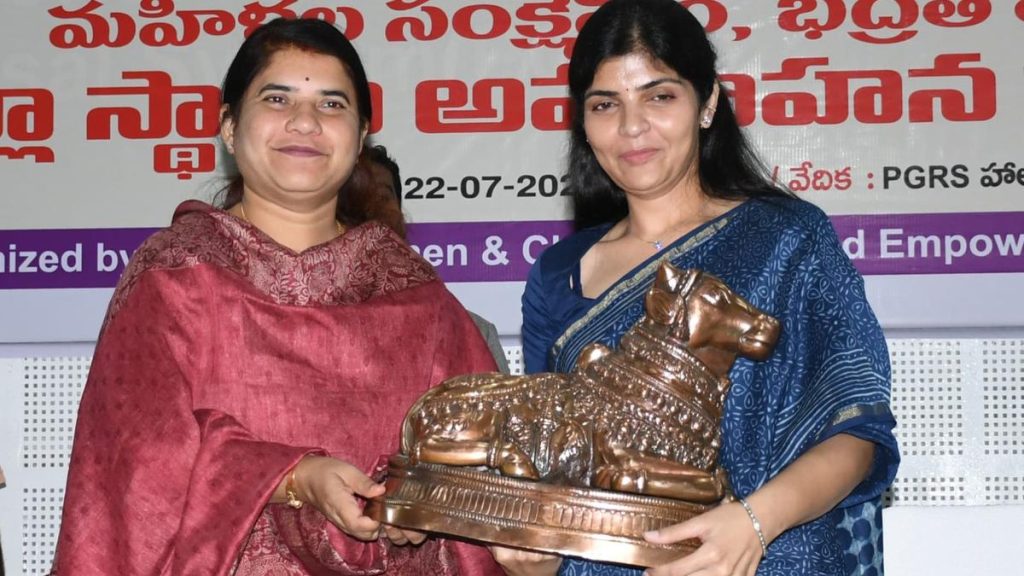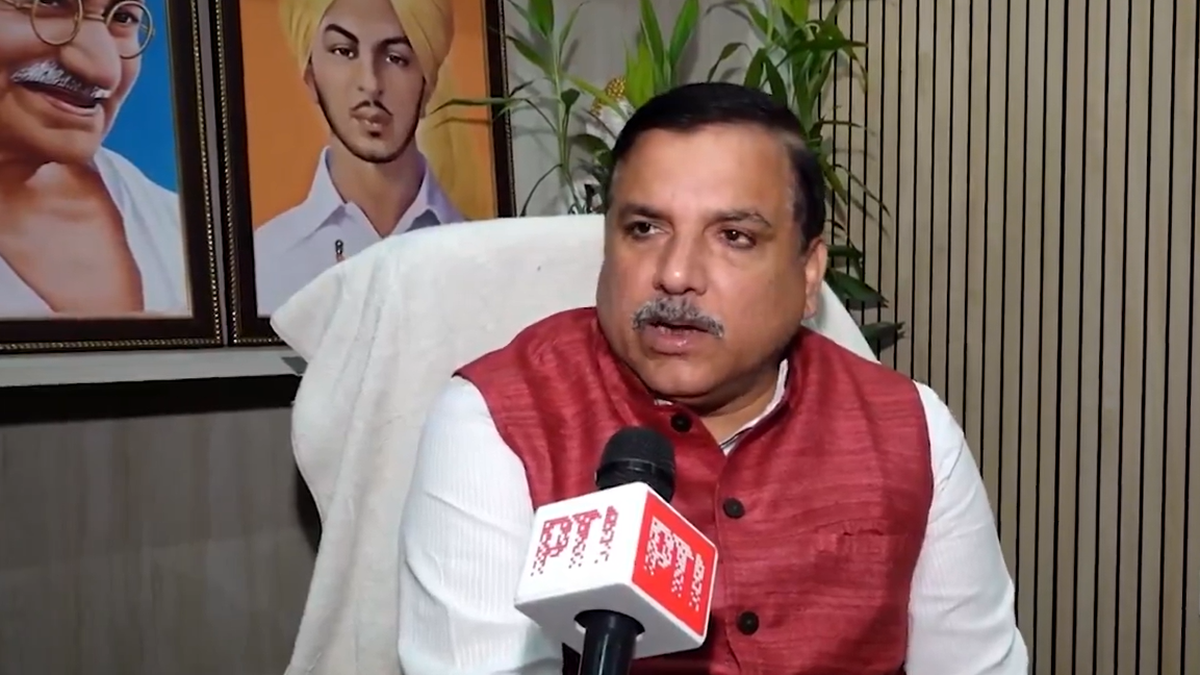Now Reading: Malabar Devasom Board Staff Plan Token Protest
-
01
Malabar Devasom Board Staff Plan Token Protest
Malabar Devasom Board Staff Plan Token Protest

Swift Summary
- The kerala State Temple employees Coordination Committee has announced plans for a token protest on July 21, marking the 31st anniversary of the 1994 Kerala High Court order that formed the Malabar Devaswom Board (MDB).
- Protesters demand implementation of directives from the High Court order, which they claim have not been fulfilled apart from forming the board.
- MDB employees work under outdated legislation-the Madras Hindu Religious and Charitable Endowments Act-and are denied benefits enjoyed by employees of other temple boards in Kerala.
- A Devaswom law drafted by the State government eight years ago remains pending implementation.
- V.V. Sreenivasan, chairman of the Coordination Committee, highlighted unresolved disputes over wage structures and dissatisfaction among MDB staff.
- Previous efforts to address these issues included a prolonged 64-day protest that was unsuccessful.
Indian Opinion Analysis
The planned protest highlights longstanding discontent among Malabar Devaswom Board employees regarding inequities in legislation governing temple governance in Kerala. the persistence of colonial-era laws specific to MDB contrasts sharply with modernized governance frameworks adopted by other temple boards within the state. This disparity appears to not only affect employee welfare but also raises broader concerns about equitable treatment across religious institutions.
While attempts to introduce thorough reforms,like a statewide Devaswom law drafted eight years ago,demonstrate governmental intent,delays in implementation erode trust and prolong systemic inefficiencies.Any resolution would likely require a more proactive approach from policymakers given recurring disputes about wage structures and basic rights for temple staff.
This case underscores an essential question for india’s administrative structures: how far historical legacies should shape current policies versus adapting them contextually to modern principles of fairness and clarity.
























